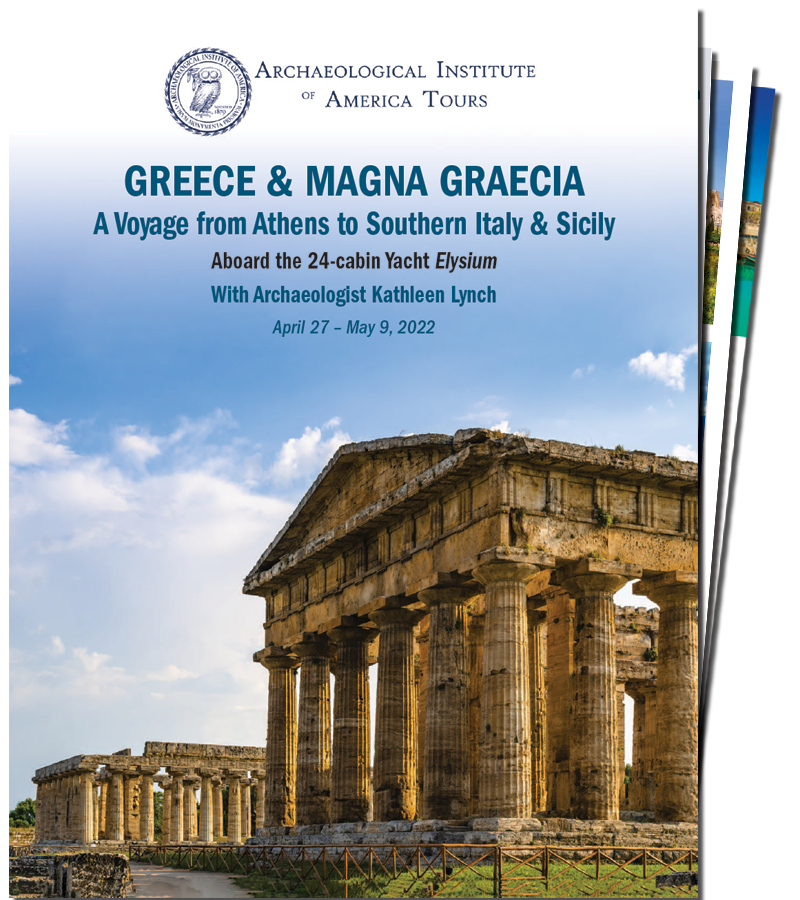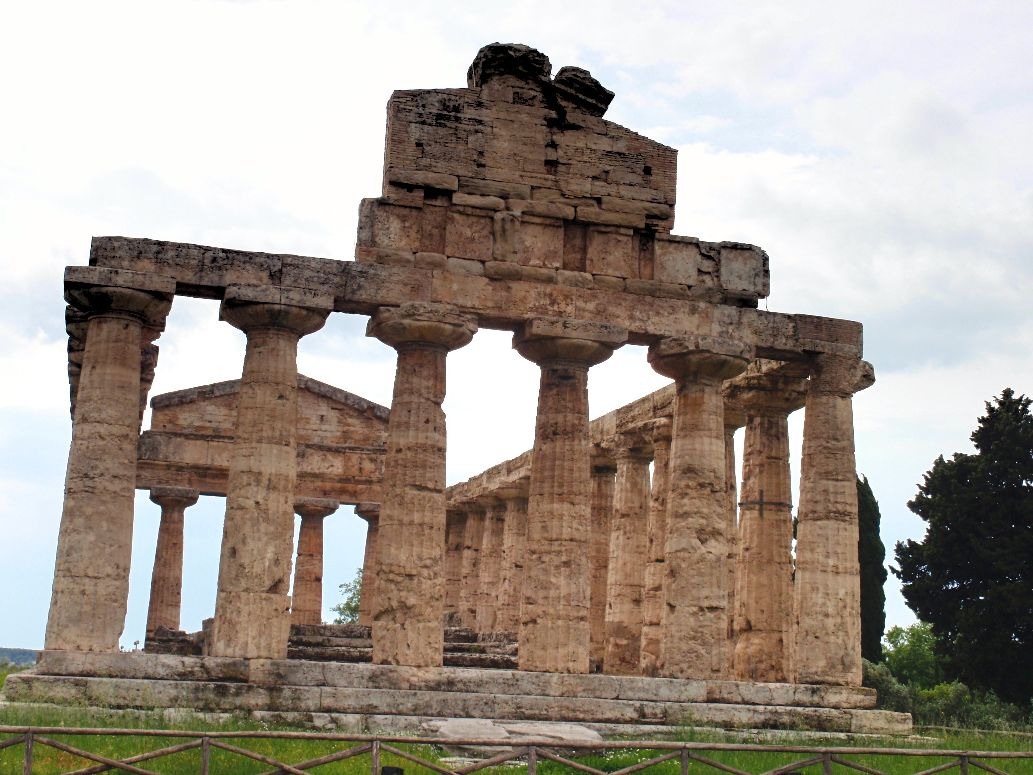
Magna Græcia (Latin meaning "Great Greece", Greek: Μεγ?λη ?λλ?ς, Megál? Hellás) is the name of the coastal areas of Southern Italy that were extensively colonized by Greek settlers particularly the Achaean colonies of Tarentum, Crotone, and Sybaris, but also, more loosely, the cities of Cumae and Neapolis to the north. Greek colonization in southern Italy involved the regions of Apulia, Basilicata, Calabria, Campania and Sicily.

Griko is the name of a language that combines ancient Doric, Byzantine Greek and Italian elements, spoken by few people in some villages in the province of Reggio Calabria and Salento.Also during this period, Greek colonies were established in places as widely separated as the eastern coast of the Black Sea, Eastern Libya and Massalia (Marseilles). Pockets of Greek culture and language survived into modernity – one remarkable example is the Griko minority, which still exists in Calabria and Apulia. During the Middle Ages, most of the Greek inhabitants of Southern Italy were Italianized.

To get a taste of Magna Grecia in Kroton head to the large sanctuary dedicated to Hera Lacinia on the promontory of Capo Colonna, 10 kilometers from present-day Crotone, an area considered sacred in ancient times.Īround the 3rd century BC, Magna Graecia was absorbed into the Roman Republic. Kroton was also the seat of the famous philosophical school founded by Pythagoras and of the most renowned medical school of the time, making it an important center of philosophy, science and medicine. Perhaps what made the people from Kroton so strong and athletic was the idyllic position between a beautiful natural port and a fertile countryside, which made the city one of the wealthiest and most powerful of Magna Grecia. Famous athletes included Milo of Croton and Astylos of Croton. Strabo also wrote of Kroton and of how its residents were famous for their athletic skills: they regularly won competitions, were often victorious in the ancient Olympics and, according to Strabo, during one Olympic game, in the running race, the top seven racers were all from Kroton. Reggio Calabria is home today to one of Italy’s most important archaeological museums, the National Archaeological Museum of Magna Grecia, dedicated to Ancient Greece, and the seat of the famous Bronzes of Riace, 2,500 year-old full-size statues of Greek warriors. The famous Greek geographer, philosopher and historian Strabo described Reggio as an “illustrious city”. Throughout classical antiquity, Rhégion remained an important maritime and commercial city as well as a cultural center, with academies of art, philosophy and science, such as the Pythagorean School, and figures such as the historian Ippys, musicologist Glaukos and sculptors Pythagoras and Klearkhos. Rhegion (present-day Reggio Calabria), one of the oldest Greek colonies in Italy, was the birthplace of Ibycus, one of the famous nine lyric poets, a group of important ancient Greek poets ( Metauros, present-day Gioia Tauro, would be the birthplace of another, Stesichorus, the first lyric poet of the Western world). Greeks settled heavily along the coast of Calabria: Sybaris, Kroton, Locri, and Rhegion were among the leading cities of Magna Grecia during the 6 th and 5 th centuries BC. Many of the new Greek cities became wealthy and powerful – some of the most important include Cumae, the earliest Greek colony on the Italian mainland and founder of new cities such as Neapolis (Naples), which would become the most important city in Campania the wealthy Sybaris, which based its prosperity on agriculture and was the founder of Poseidonia (Paestum) Kroton, where the mathematician Pythagoras founded a philosophical school Thurii, where historian Herodotus retired and fertile Heraclea (Policoro). Greek colonists opted for the coastal areas of Southern Italy because of the fertility of the land and its geographical position which was ideal for trade, being a meeting point of the Greek, Etruscan, and Phoenician civilizations. The Romans called the area “Magna Grecia” - Great Greece. They colonized the coastal areas of Calabria, Apulia, Basilicata, Campania and Sicily.


Greeks began to settle in Southern Italy in the 8 th and 7 th centuries BC, exporting their culture, which would later influence the Roman world.


 0 kommentar(er)
0 kommentar(er)
